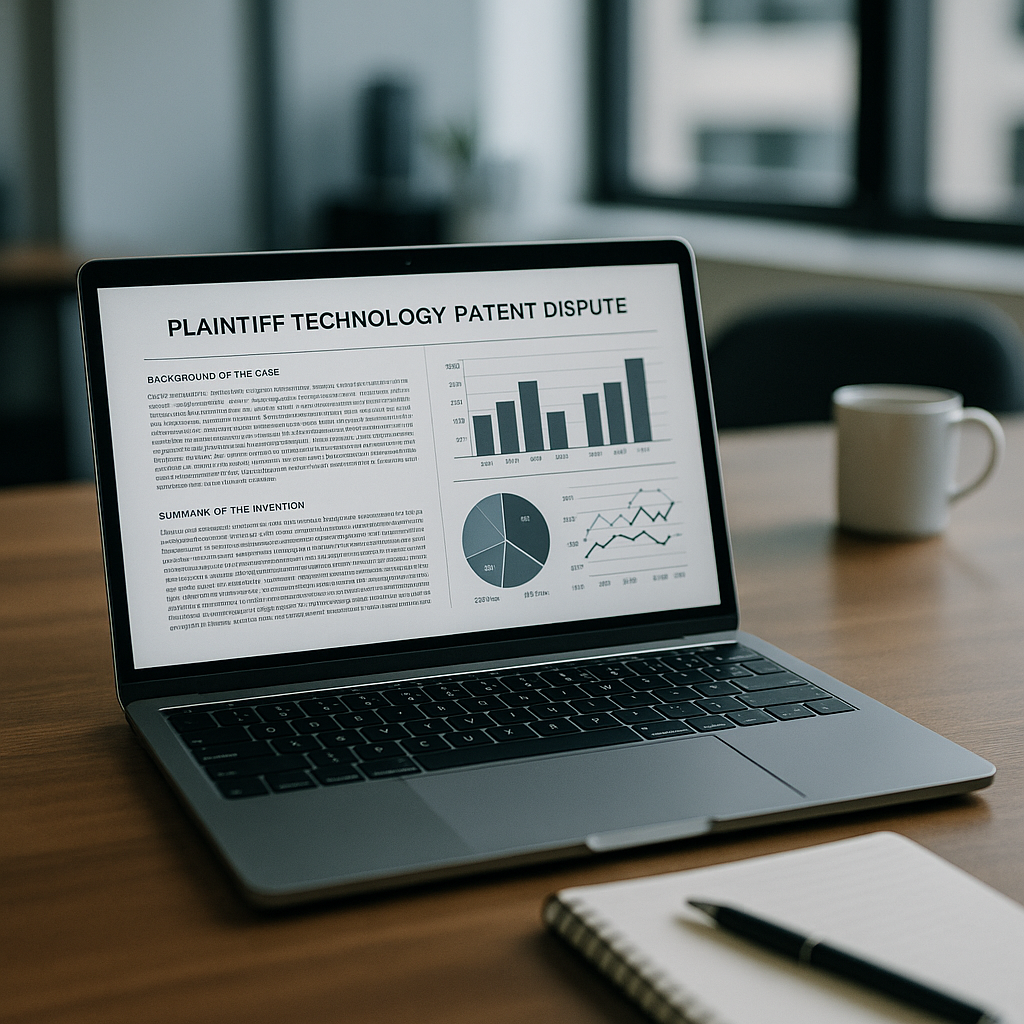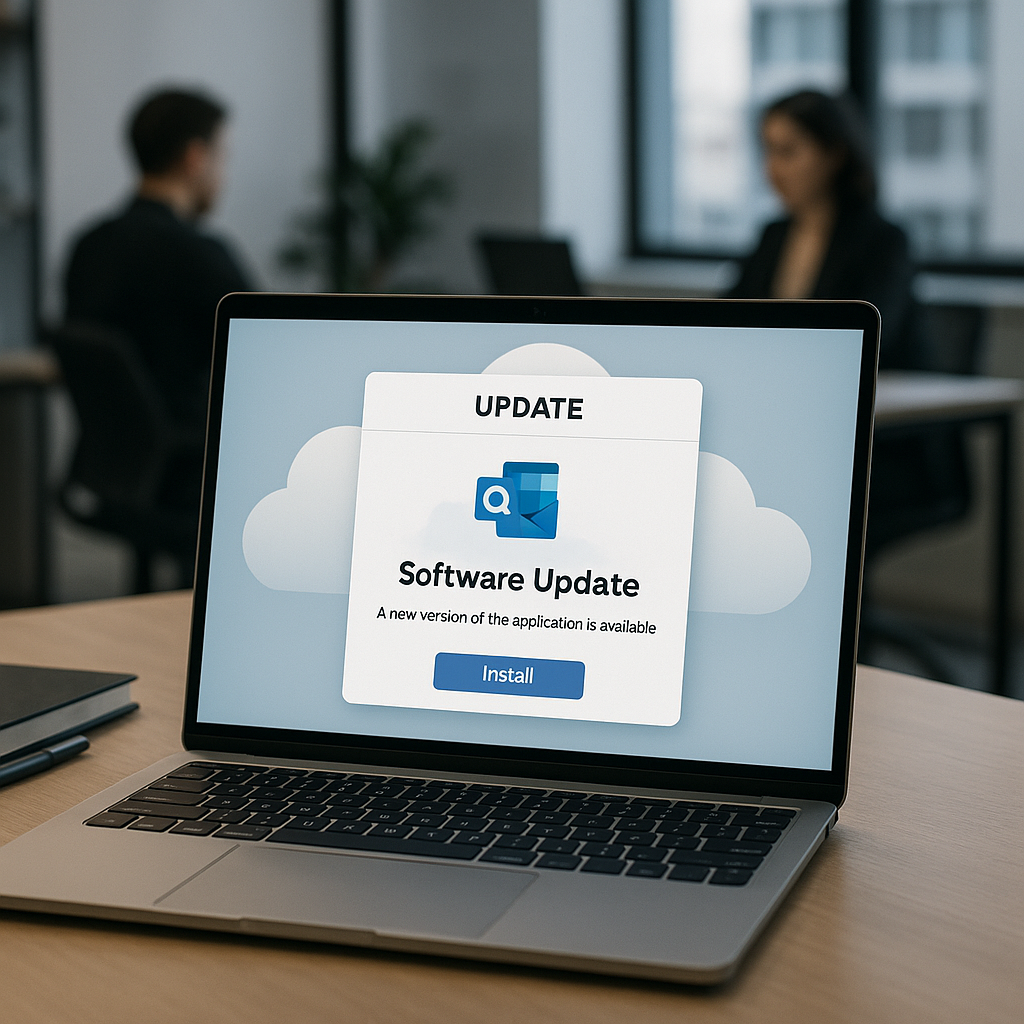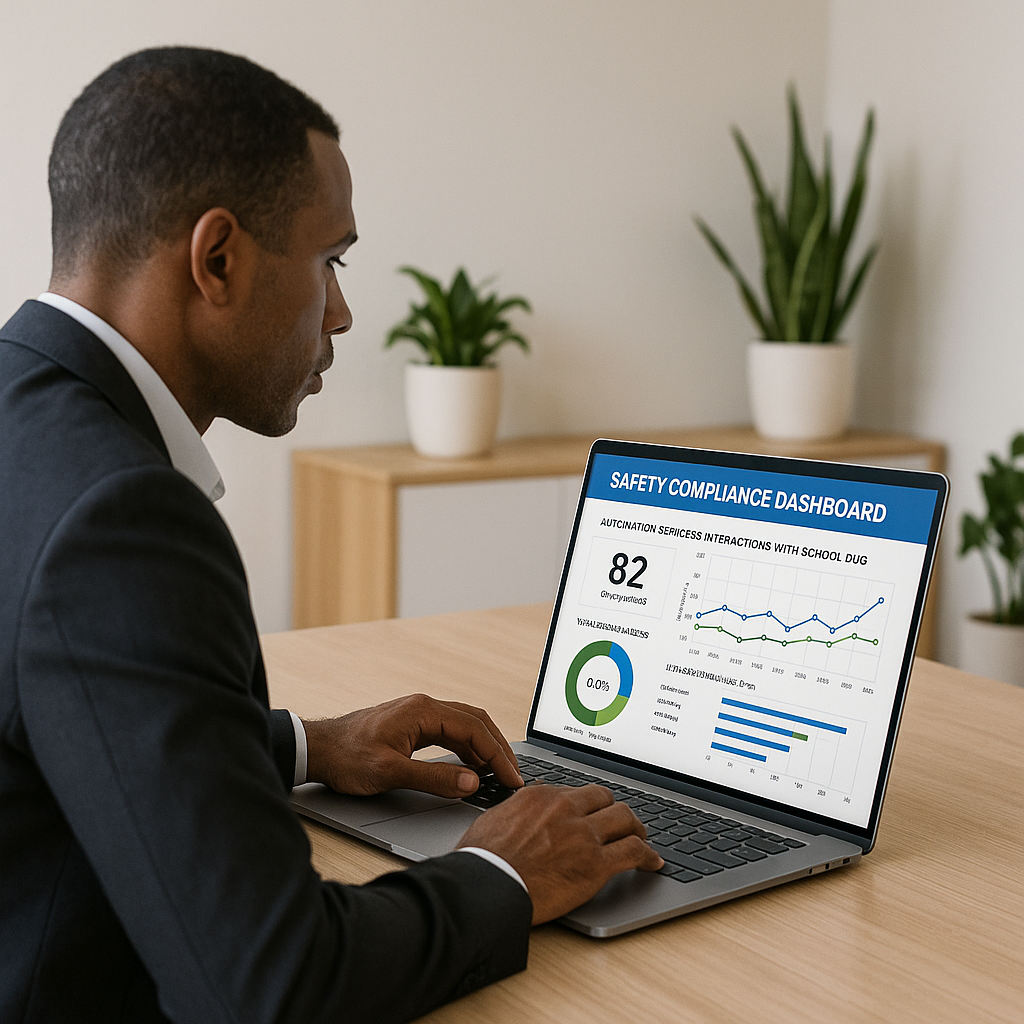# Strava vs. Garmin: A Bizarre Patent Infringement Lawsuit
In the bustling world of fitness technology, competition is the norm. Yet, every once in a while, we witness a spectacle that leaves even seasoned industry professionals scratching their heads. I recently came across a peculiar lawsuit in which Strava, a leader in fitness tracking applications, has decided to take legal action against Garmin, the popular hardware manufacturer known for its wide range of fitness devices. This situation raises questions not only about the specific allegations but also about the very nature of partnerships and competition in the tech world today.
This lawsuit highlights key conversations about innovation, intellectual property rights, and the sometimes tenuous relationships between companies in the same ecosystem. As business leaders and entrepreneurs, it’s crucial to understand how these legal battles can impact the industry dynamics and, ultimately, our business decisions.
## Understanding the Core of the Lawsuit
At the center of this dispute is Strava’s claim that Garmin has infringed upon its patents concerning two main features: *segments* and *heatmaps*. These features are integral to any fitness tracking application, serving to enhance user experience by allowing for competition between athletes on certain routes and providing visual data on popular paths taken by others. Strava is alleging that Garmin’s implementation of these features not only violates patent agreements but also breaches a Master Cooperation Agreement that the two companies have held for nearly a decade.
As a digital solutions provider, I understand the significance of intellectual property in differentiating products and maintaining competitive advantage. This lawsuit serves as a reminder that protecting one’s innovations is crucial in a tech landscape that thrives on creativity.
### The Historical Context of Cooperation
Strava and Garmin have long worked together, integrating their platforms to provide users with seamless access to data and features. This collaborative effort benefits users and encourages loyalty to both platforms. However, as this dispute unfolds, it’s necessary to recognize how the power dynamic can shift when patents and intellectual property are in question.
**Importance of Collaboration**: While it’s easy to view competitors as threats, collaboration can drive the industry forward, enhance user experiences, and open new revenue streams.
## The Weird Turn of Events
Strava’s Chief Product Officer, Matt Salazar, recently shared insights into the motivations behind this lawsuit. He pointed out that Garmin’s new developer guidelines for API partners require their branding to accompany all related data. This aspect has raised eyebrows across the industry, with observers noting that it appears less about user data protection and more about brand control.
**Branding and User Experience**: While branding is essential for companies to establish a presence in the market, it shouldn’t overshadow user experience. As fitness technology continues to evolve, finding a balance between brand identity and user-centric design remains a pivotal challenge.
### Real-World Implications of the Lawsuit
As a business decision-maker or entrepreneur, understanding the broader implications of this legal battle is paramount. Companies like Strava and Garmin directly impact users in various sectors, from fitness enthusiasts to healthcare providers utilizing this data. For instance, a local clinic might endorse a certain fitness tracker and integrate it with their health management systems. If Garmin’s functionality were hindered by legal constraints, that could disrupt their patients’ health tracking and engagement.
**Cafes and Fitness Tracking**: Imagine a café that offers a loyalty program for customers who reach fitness milestones using Garmin devices. Should this lawsuit limit Garmin’s offerings, such a partnership could falter, thereby influencing revenue streams for both businesses.
## Broader Context in the Industry
Legal battles such as this one aren’t isolated incidents; they can have a ripple effect across the industry. Other companies watching this lawsuit unfold may reconsider their collaborations or be prompted to reevaluate how they approach branding and partnerships as it relates to user data and innovation.
### Key Takeaways for Business Leaders
1. **Strengthening Intellectual Property**: It’s crucial for any business to be proactive in protecting its innovations. Monitoring competitors and establishing clear agreements can prevent potential disputes.
2. **Focus on Collaboration**: Foster partnerships where both parties can benefit without stepping on each other’s toes. This not only promotes innovation but enhances user satisfaction.
3. **Keep User Experience at the Forefront**: Always put the user experience first. Collaborations should not compromise functionality or engagement that customers expect from the technology they choose.
## Conclusion
As the Strava versus Garmin lawsuit continues to unfold, we at [Best Choice](http://web.best-choice.dk) remain committed to helping businesses navigate the challenges of technology and partnerships. Understanding intellectual property, fostering collaborative relationships, and prioritizing user experience can help you avoid similar pitfalls while propelling your business forward.
If you’re looking for guidance on how to protect your intellectual property, integrate technology seamlessly into your offerings, or enhance your company’s digital strategy, we invite you to reach out to us. Let’s work together to build a future where technology empowers rather than divides.





